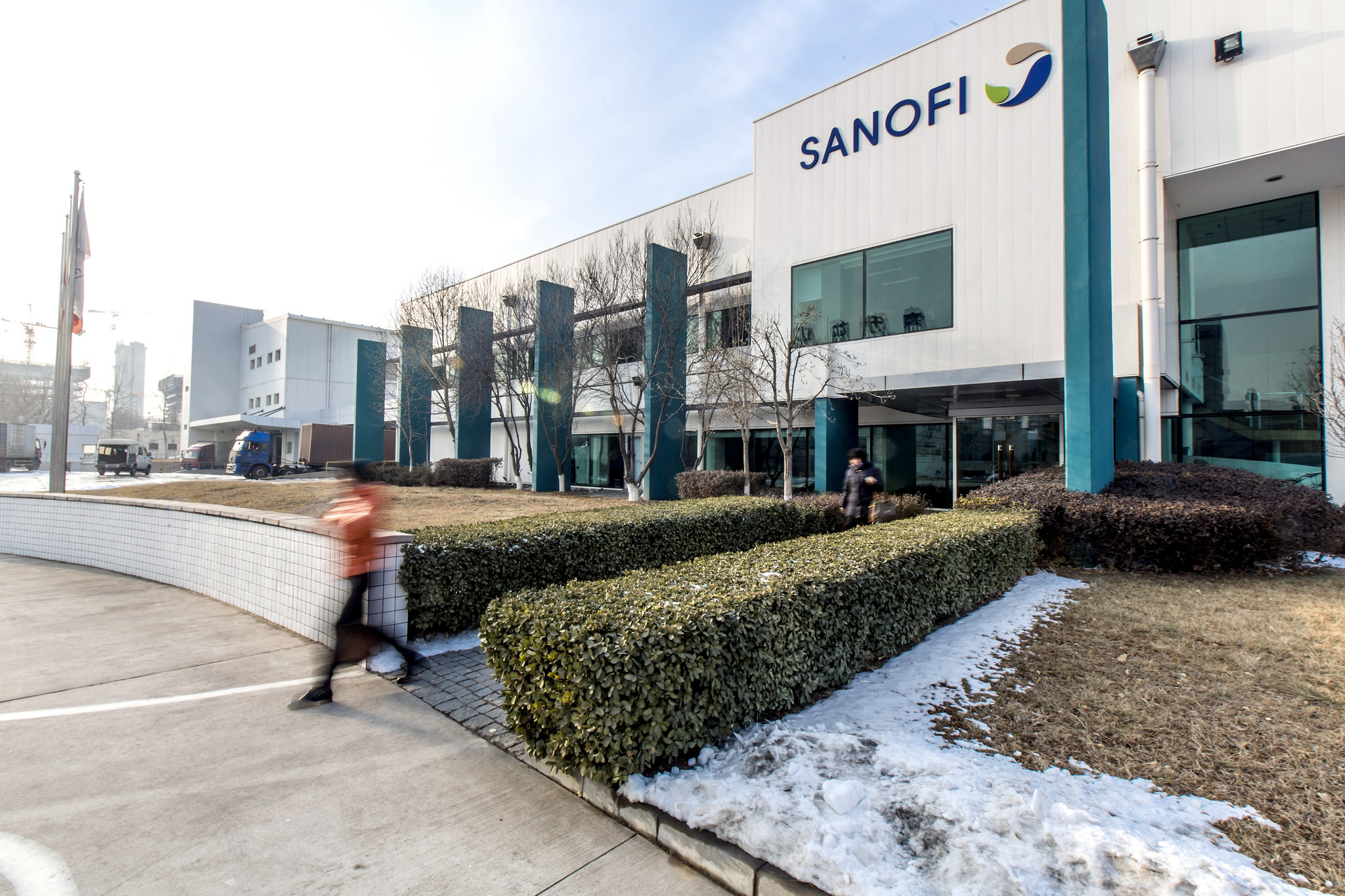Sanofi/Regeneron eczema data paves way for year's biggest launch

Sanofi and Regeneron's eczema injection Dupixent looks set for approval later this year after the release of further strong data from trials.
The companies chose to publish late-breaking data on Dupixent (dupilumab) from the phase 3 CHRONOS study, which compared it to topical corticosteroids in moderate to severe disease.
Evaluate Pharma has tipped Dupixent to be the biggest drug launch of 2017, based on predicted sales in five years time – according to the analysts’ predictions Dupixent could amass sales of $4.6 billion in 2022.
Pfizer's rival treatment Eucrisa was approved before Christmas – a significant achievement as the drug was the first non-steroidal therapy for the skin condition in more than 15 years.
But some are forecasting that Dupixent could bring in peak sales of $6 billion – double the figure for Pfizer’s drug.
https://twitter.com/jonathanrockoff/status/835148904706486272
The FDA is set to make a decision on Dupixent on 29 March, and the latest figures only add to the impression that the drug will be approved after a faster, six-month Priority Review.
Sanofi is in need of a big success after the FDA delayed a decision on arthritis drug sarilumab in October because of manufacturing concerns.
The two companies’ already-approved cholesterol drug, Praluent faces being pulled from the US market after a court ruled that it infringes on patents covering Amgen’s rival PCSK9 inhibitor, Repatha.
The latest data from the one-year long CHRONOS trial add to information previously announced in June last year.
New data show in patients treated weekly and fortnightly a 77%, improvement in skin coverage as measured by the Eczema Area and Severity Index at 16 weeks, compared with 42% for patients receiving placebo plus steroids.
At 16 weeks the mean percent improvement from baseline in intensity of patient-reported itch as measured by the Pruritis Numerical Rating Scales was 55% for those who received weekly Dupixent and 58% for those who received the drug every two weeks, compared with 29% of patients on placebo plus steroids.
After a year, improvement in EASI from baseline was 80% in the weekly Dupixent group, 78% in the fortnightly group and 46% in the placebo group.
The figures stack up favourably against Pfizer’s drug, and Sanofi and Renegeron clearly hope that the wealth of data they are providing will convince doctors to prescribe Dupixent.












